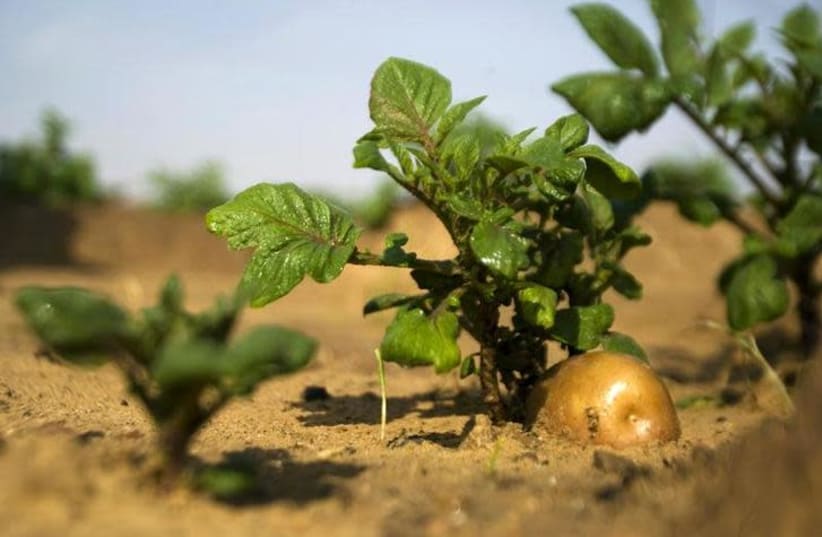These price increases affect everyone’s pocket and many will have to redefine household spending priorities. However, for 1.8 million people in the country defined by the 2016 National Insurance Institute report as poor (of which there are 462,100 families and 838,500 children), these increases are a real battle for survival. According to the 2017 Household Expenditure Survey (a Central Bureau of Statistics report published on December 12, 2018), the overdraft of the three lowest deciles continues to expand and currently stands at over NIS 2,000 per month. The expenditure of these deciles exceeds the income, about 17% of which is spent on food, and is expected to rise.
Rescuing surplus food is an immediate and attainable solution to addressing this growing crisis, as it is an existing alternative to food production. According to the 2017 Food Waste and Rescue Report published by Leket Israel in cooperation with BDO, about one-third of food produced in Israel – approximately NIS 19.5 billion, or 1.6% of GDP – is lost, half of which is salvageable.
While food rescue can reduce the gap in food insecurity while saving about 72% of its costs, it also has social, economic and environmental benefits. These economic advantages are created when excess food, whose value is zero for the producer, is transformed into a product of economic and nutritional value when donated to the weaker populations. Given that the cost of food production has increased and so has its market price, the value of its production will be even higher and so will its value for the needy. Food rescue is a winning formula that enables the production of food without the substantial use of resources, while also contributing positively to the economy.
On October 23, after 10 years of intensive work, the Food Donation Act was unanimously approved by the Knesset plenum to encourage the rescue of surplus food. This bill was submitted at the initiative of Knesset members, including Uri Maklev, Moshe Gafni, Hilik Bar, Orly Levy-Abecassis, Shuli Moalem-Refaeli and Moti Yogev, accompanied by Leket Israel. Since passing the law, over 40 companies who had previously refrained from donating their excess food to Leket Israel for fear of civil or criminal liability have since reached out, wanting to become food donors. The purpose of the law is “to encourage the rescue of surplus food” and to protect food donors and food associations that meet food safety standards and that donate their food in good faith from criminal and civil claims.
Although this law is a significant step in the right direction for food rescue, there is still a tremendous amount of food going to waste.
Additional solutions such as the formulation of a national plan for food rescue, requiring government agencies to donate their excess food, and the obligation of participation of private businesses in government tenders in food donations will further greatly expand access to fresh nutritious food to benefit Israelis in need.
Rescuing food is worthwhile from economic, social and environmental aspects, and all of us – the general public, the food industry and elected officials and decision-makers – must advance it in every way possible. At a time when poverty is rising along with rising food prices, we must do so even more.
The writer is CEO of Leket Israel.
